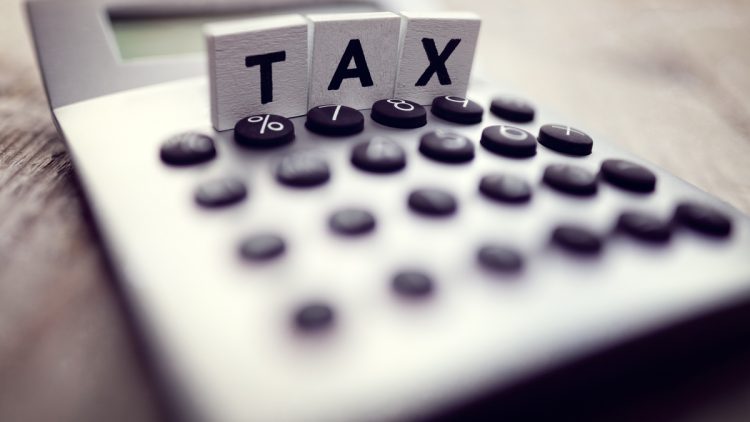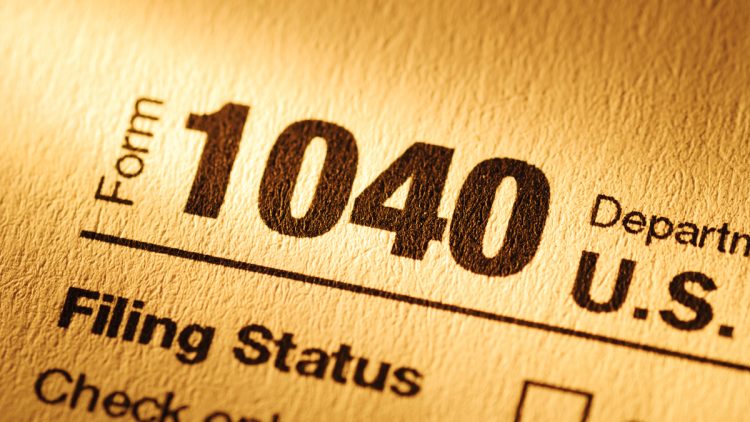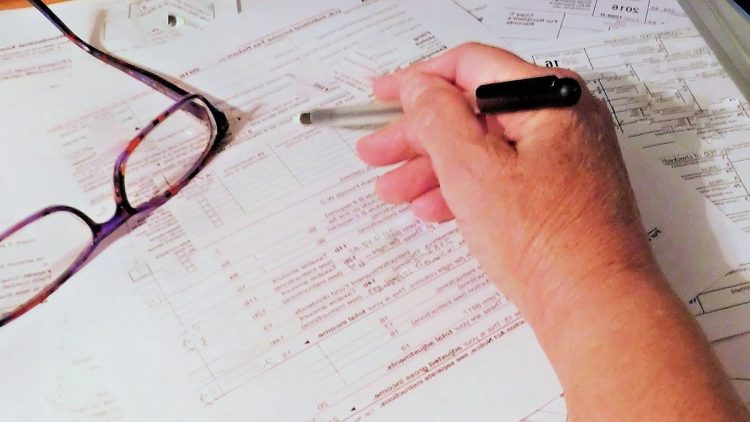Why Do I Owe Taxes This Year?
There are many reasons why you might owe the Internal Revenue Service this year. It’s certainly possible to owe taxes even when you have withheld money from your paycheck all year.
Why Do I Owe Taxes?
Because everyone’s situation is unique, there are several different reasons why you may owe money on your taxes. A few common reasons are outlined below.
1. Failing To File
Failure to file on time is a common reason why you’ll end up owing taxes. State tax dues will vary. Whenever you file late and don’t apply for an extension on time, you can incur late fees and interests that will increase your tax bill. If you are wondering why you still owe taxes this year, it’s certainly possible that you submitted a tax return after the due date.
2. Not Withholding Enough From Your Paycheck
The amount that’s taken out of your paycheck each year is an estimate of what you will owe when it comes time to file taxes. You will receive a tax refund if you overpay. If you do not pay enough throughout the year, though, you will end up with a bill come tax season.
3. Tax Code Changes
Recent tax code changes will undoubtedly impact how much you’ll owe in taxes. If you expect to receive a refund each season, it may not be the case with new tax laws put in place. When the IRS updated its tax brackets, it’s possible you were put into a new category, altogether.
4. Changes In Deductions
If you didn’t qualify for typical deductions and credits you expected, then you may owe taxes this year. For instance, the earned income tax credit comes with annual limits. If you have made more money this year than in previous tax years, you may not qualify. Many parents will take advantage of the child tax credit, which comes with income limits and age restrictions.
5. Higher Income
Receiving higher pay this year will mean you are going to pay more in taxes. If you worked more hours while getting paid hourly or a salary gets raised, you could have been bumped into a higher tax bracket.
6. Significant Life Changes
All sorts of life changes can factor into your tax situation. One big change that can raise your tax burden is when your children start to get older. For instance, once your children are 17 years or older, you cannot claim the child tax credit.
While you’re no longer able to claim the child tax credit, you can still claim your children as dependents and claim a few other tax credits on your tax return.
7. You Owe Capital Gains Taxes
If you bought and sold investments for either a profit or loss, which includes anything from single stocks to cryptocurrency, you must report those gains or losses on your tax return.
With a capital gains tax, short-term capital gains are taxed at the normal income tax rate. Long-term gains, however, are taxed at a lower rate.
What To Do If You Owe Taxes
Thankfully, there are numerous options if you cannot pay your entire tax bill when it’s due. Here are a few payment options for you to consider:
- Sign up for an IRS installment plan.
- Apply for a full-time agreement if you are able to pay taxes within 120 days.
- Make an offer in compromise.
- Consider a loan or other financing options to make tax payments.
It’s crucial to stay informed about your tax obligations and ensure accurate and timely filing and payment of taxes. If you find yourself owing taxes, it’s advisable to address the issue promptly by filing your return or payment, seeking professional tax assistance, or exploring options such as installment agreements, Offer in Compromise, or penalty abatement if you’re unable to pay the full amount owed.
Tax Settlement in Mesa, Arizona
If you need IRS Debt Help, Tax Debt Settlements or Tax Debt Advising in Phoenix, Mesa or anywhere else, Tax Debt Advisors can help! Give us a call at 480-926-9300 or fill out our contact form for a free consultation.





